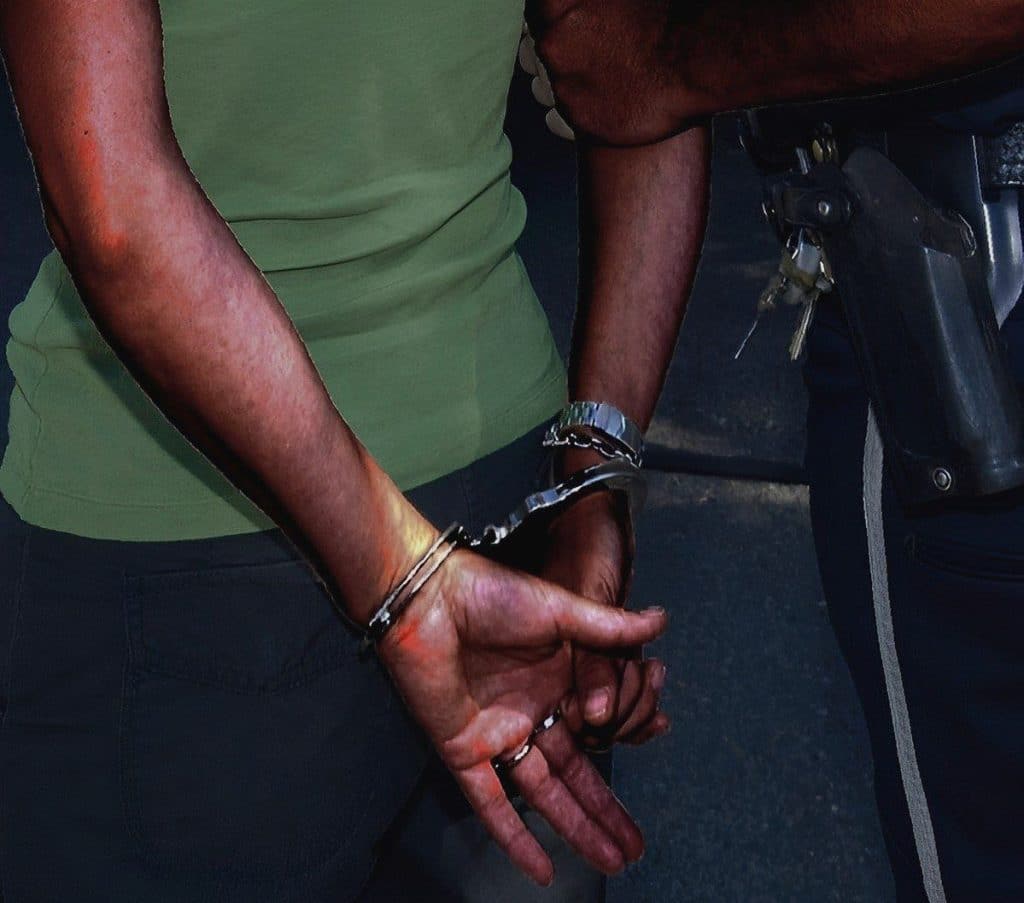Despite international appeals to cease capital punishment for drug-related offenses, Singapore has executed a third prisoner within a fortnight on August 3, 2023. The Central Narcotics Bureau announced that 39-year-old Singaporean, Mohamed Shalleh Abdul Latiff, was hanged at Changi Prison following due legal process. He was convicted for trafficking 54 grams of heroin, enough to sustain approximately 640 addicts for a week.
Before his arrest in 2016, Shalleh, an ethnic Malay, worked as a delivery driver. He was sentenced in 2019, and his appeal was dismissed in the following year. Shalleh claimed during his trial that he thought he was delivering contraband cigarettes for a friend to whom he was indebted. He didn’t check the bag’s contents as he trusted his friend.
The High Court judge, however, ruled that their relationship wasn’t close enough to justify such trust. Despite being found to be just a courier, Shalleh received the mandatory death penalty as he wasn’t issued a certificate of cooperation with the prosecutors.
Singapore’s laws stipulate the death penalty for anyone convicted of trafficking more than 500 grams of cannabis or 15 grams of heroin. Shalleh was the fifth person executed this year and the 16th for drug offenses since Singapore resumed hangings in March 2022, after a two-year pause due to the COVID-19 pandemic.
Last week, two other citizens were executed: Saridewi Djamani, the first woman to be hanged in 19 years, for trafficking about 31 grams of heroin, and Mohammed Aziz Hussain for trafficking around 50 grams of heroin.
Human rights groups, international activists, and the United Nations have urged Singapore to halt executions for drug offenses, citing increasing evidence of its ineffectiveness as a deterrent. However, Singaporean authorities maintain that capital punishment is crucial in combating drug demand and supply.
Critics argue that Singapore’s stringent policy disproportionately punishes low-level traffickers and couriers, often recruited from marginalized and vulnerable groups. They also point out that Singapore is lagging behind the global trend of countries moving away from capital punishment. For instance, neighboring Thailand has legalized cannabis, and Malaysia has abolished the mandatory death penalty for serious crimes this year.

Goh Jun Cheng is the chief staff writer for SingaporeAirport.com. Jun Cheng graduated with a degree in journalism from Nanyang Technological University in Singapore.
He has over 5 years of experience writing about aviation, tourism, and lifestyle topics relevant to locals and visitors in Singapore. His articles provide insights into the rich culture, cuisine, and attractions of Singapore. Jun Cheng is an avid traveler who has visited over 15 countries.
When he is not writing or traveling, he enjoys photography, trying new foods, and hiking. As a longtime Singapore resident, Jun Cheng is passionate about sharing hidden gems and perspectives about his home country.




